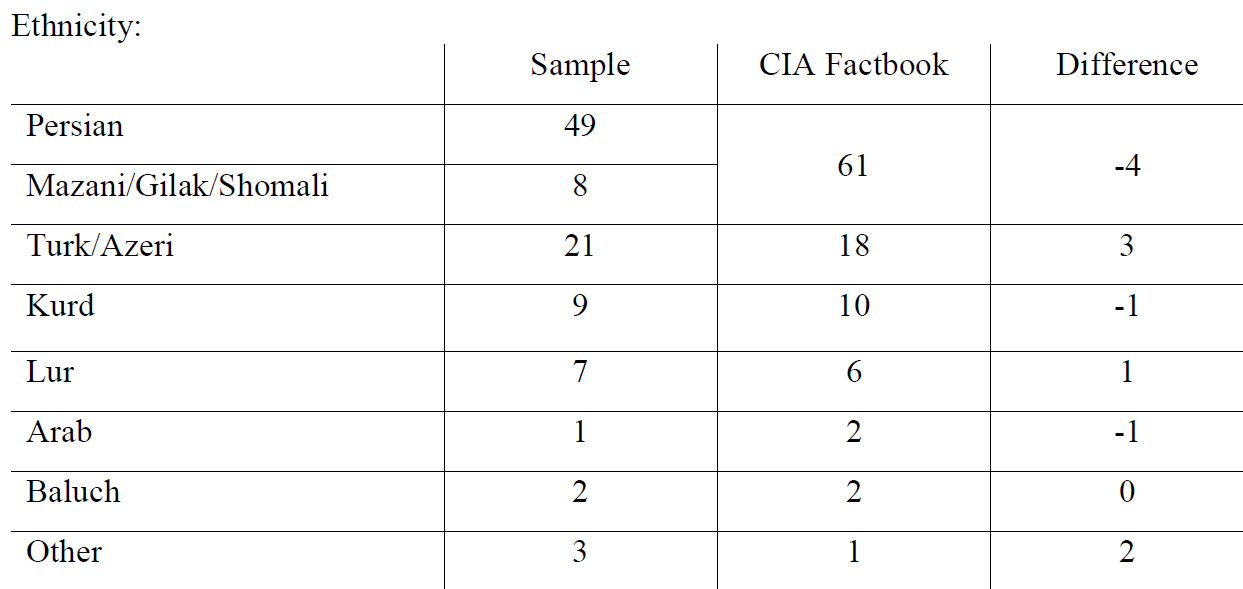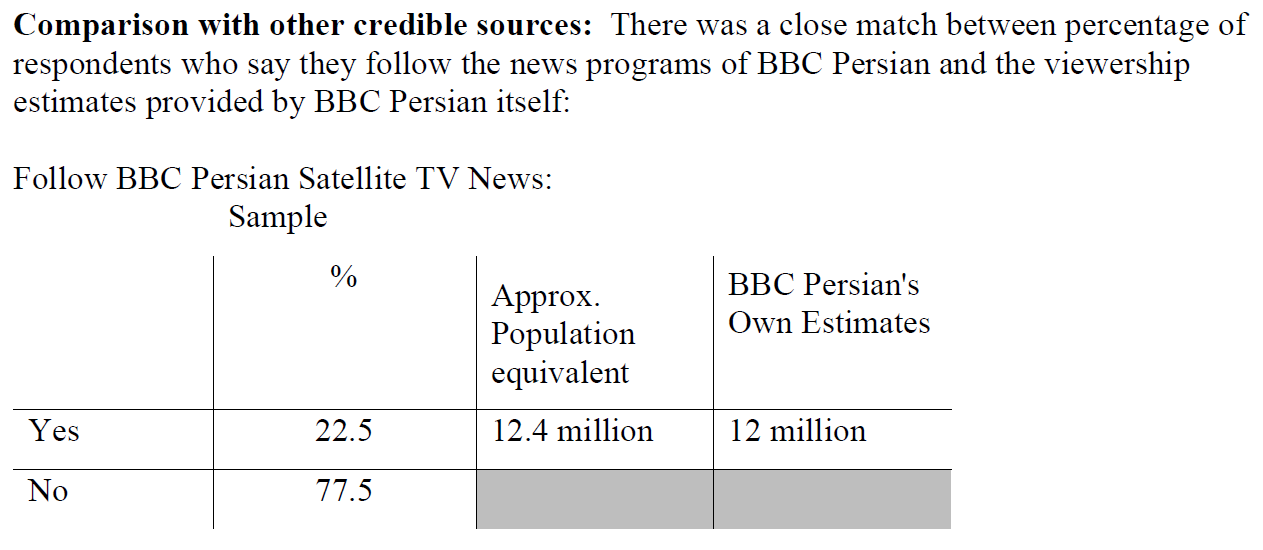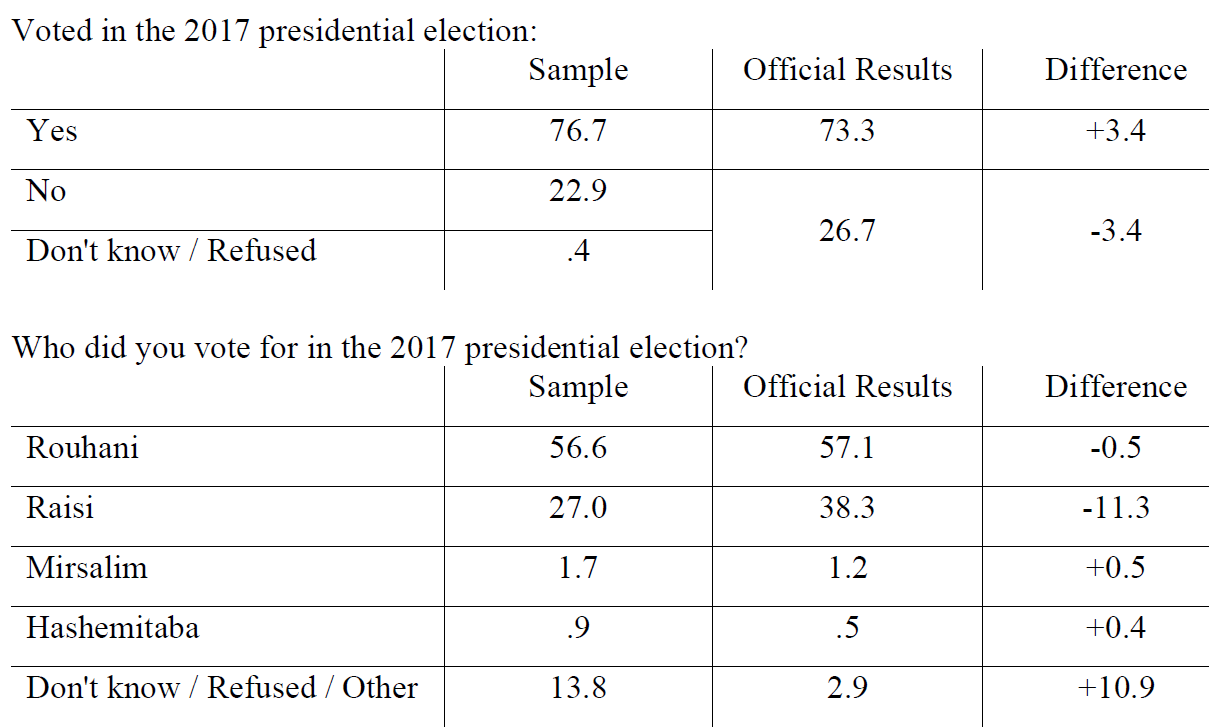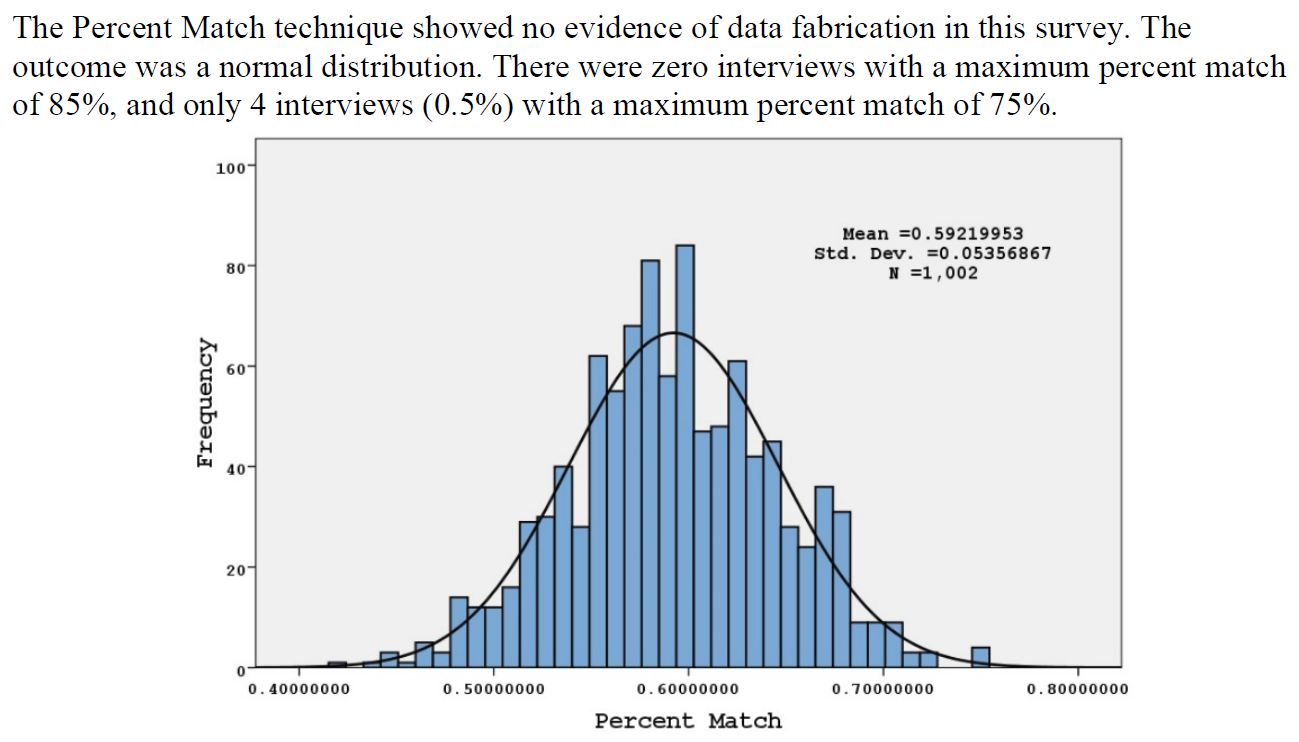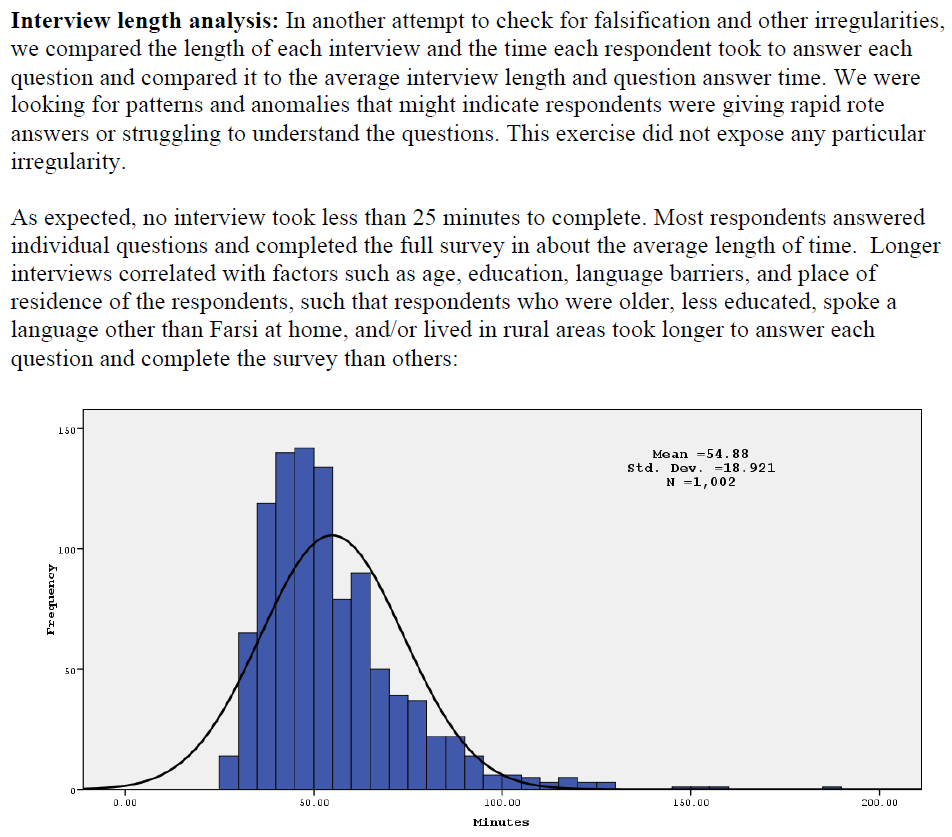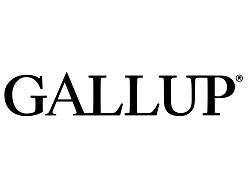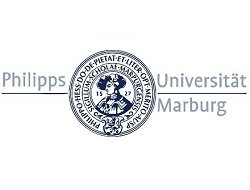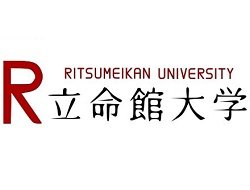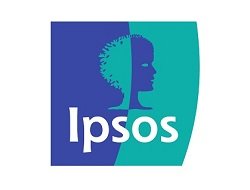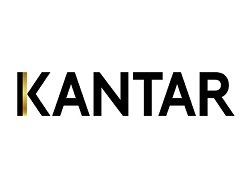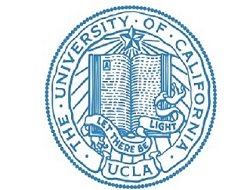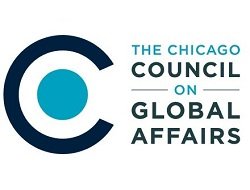On January 16–24, 2018, IranPoll conducted a nationally representative survey for the University of Maryland CISSM using our standard probabilistic sampling as detailed here. The initial results of this survey were published here.
Since then, University of Maryland CISSM scholars have conducted several quality control tests on the survey data IranPoll collected for them and evaluated the data quality in detail through multiple measures.
The results of these tests were published on July 2018 as an appendix to the main study’s full report. Full report is available on University of Maryland CISSM’s website accessible here. The detailed methodology appendix is also available here as a PDF.
IranPoll is proud that our collected data satisfied the scientific standards on every quality control test conducted by the University of Maryland CISSM scholars.
The quality control tests conducted on the survey data and their summary results are presented here:
Comparison with official data:
University of Maryland scholars concluded: “In general, there is a close match between the figures of this survey and the most recent official census conducted by the Statistical Center of Iran in 2016.”
Comparison with other credible sources:
University of Maryland scholars concluded: “There was a close match between percentage of respondents who say they follow the news programs of BBC Persian and the viewership estimates provided by BBC Persian itself.”
Percent Match Technique for data falsification detection:
University of Maryland scholars concluded: “The Percent Match technique showed no evidence of data fabrication in this survey. The outcome was a normal distribution. There were zero interviews with a maximum percent match of 85%, and only 4 interviews (0.5%) with a maximum percent match of 75%.”
Interview Length Analysis:
University of Maryland scholars concluded: “In another attempt to check for falsification and other irregularities, we compared the length of each interview and the time each respondent took to answer each question and compared it to the average interview length and question answer time. We were looking for patterns and anomalies that might indicate respondents were giving rapid rote answers or struggling to understand the questions. This exercise did not expose any particular irregularity.”
Sensitive Question Analysis.
University of Maryland scholars concluded: “To assess the likelihood that respondents held back their own true opinions and, instead, provided answers in line with positions articulated in Iranian state-owned news media, CISSM assessed what proportion of the sample consistently provided responses to politically sensitive questions that were in line with the stated positions of the Iranian government. Only 1.9% of the respondents provided answers that are systematically and fully in line with stated positions of the Iranian government. Almost everyone (98.1%) gave at least one response that is directly at odds with positions articulated in Iranian state-owned news media.”



